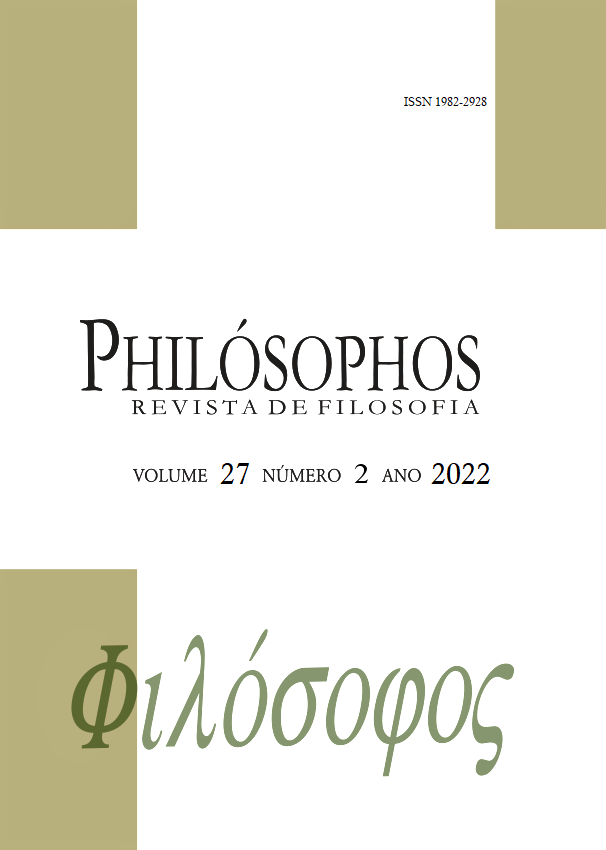Hundred years?
DOI:
https://doi.org/10.5216/phi.v27i2.74787Keywords:
Pseudo-paradoxe des jumeaux, surrationalisme, gravité quantique, évolution relationnelle, devenir.Abstract
It is funny to celebrate the centenary of a work devoted to the critical examination of special relativity, in which the time elapsed between two events is relative to the frame of reference chosen to carry out the measurement. Under the influence of Paul Langevin and Hermann Weyl, the “relativity of durations” has turned into an amusing thought experiment around twins: one leaves quickly and far and comes back younger than his brother. Are we celebrating the 100 years lived by Paul, the traveler twin, or those of Pierre, the sedentary twin? In order to honor the relativistic nature of this anniversary – how could it be otherwise? – it will first be a question of the 3 controversial appendices on the pseudo-paradox of the twins which are for Bergson the opportunity to clarify the paragraphs on the journey in ball and chain of chapter IV of Duration and Simultaneity. The emphasis will be placed on what has caused so much debate in Bergson and others, namely the role of acceleration and the asymmetry between the twins. It is assumed here that the reader is familiar with the rudiments of special relativity that will be found in any good textbook.
Downloads
Downloads
Published
How to Cite
Issue
Section
License
Copyright (c) 2023 Philósophos a journal of philosophy

This work is licensed under a Creative Commons Attribution-NonCommercial-NoDerivatives 4.0 International License.
Authors who publish in this journal agree to the following terms:
- Authors retain copyright and grant the journal right of first publication, with the work simultaneously licensed under a Creative Commons Attribution License that allows others to share the work with an acknowledgement of the work's authorship and initial publication in this journal.
- Authors are authorized to enter into separate, additional contractual arrangements for the non-exclusive distribution of the journal's published version of the work (e.g., publishing in an institutional repository or as a book chapter), with an acknowledgement of its authorship and initial publication in this journal.















